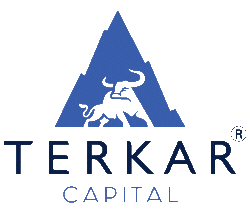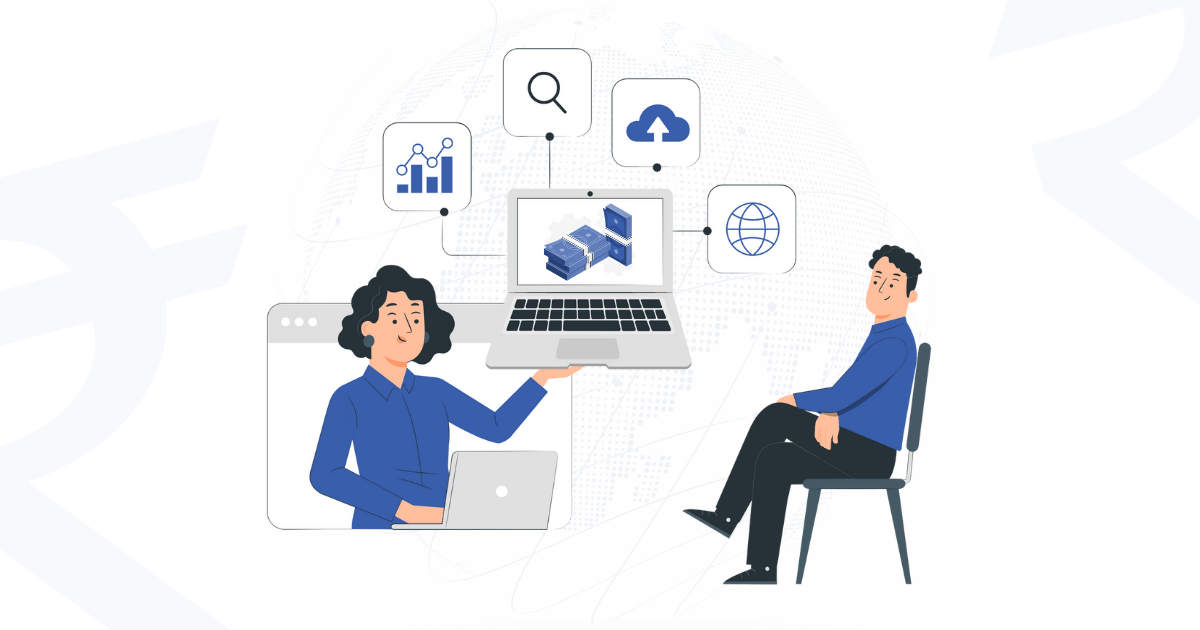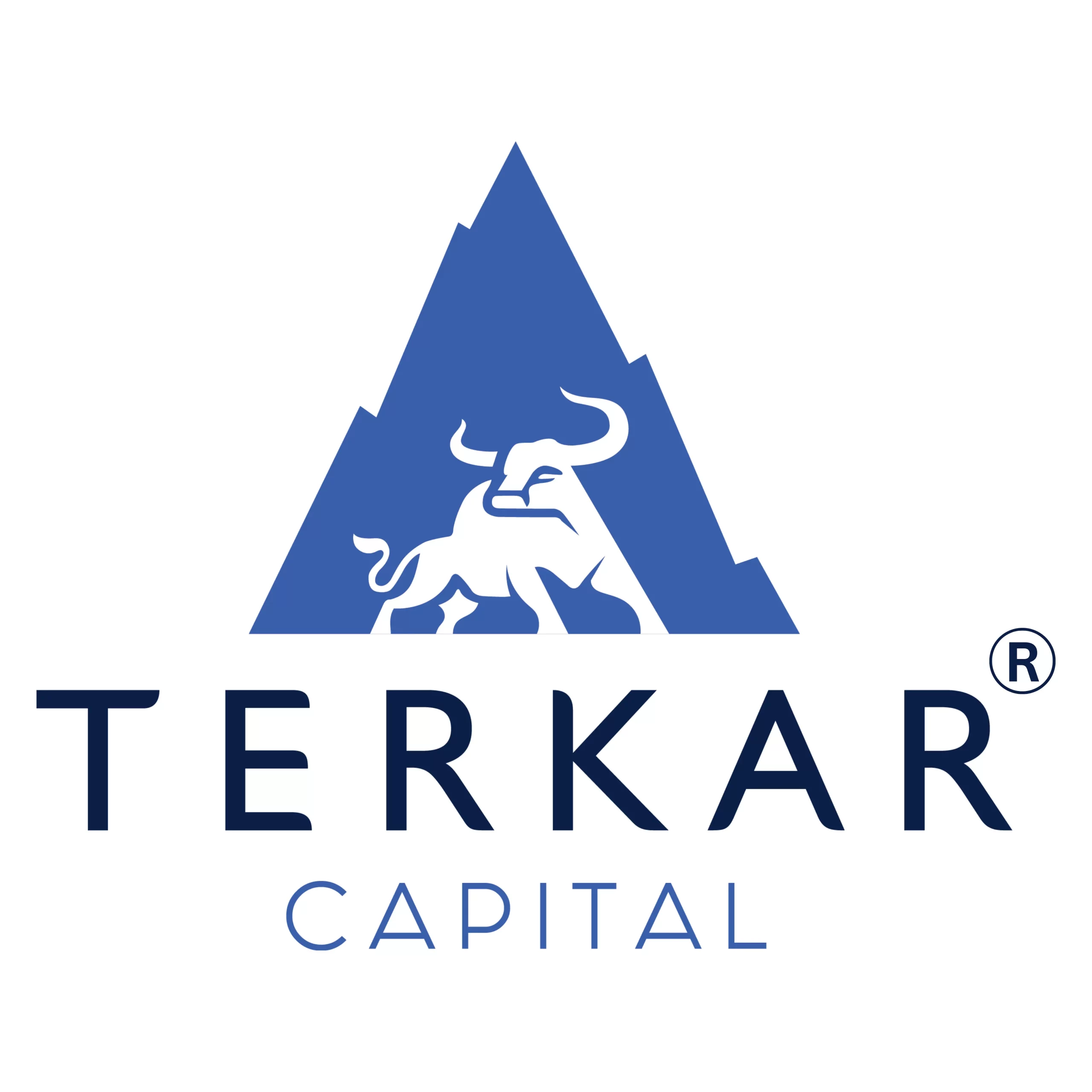Working Capital Finance - Overview
Working capital finance helps businesses cover essential expenses like daily operations, raw material purchases, wages, utility bills, and payroll, rather than capital expenditures on equipment or machinery. It is especially beneficial for businesses with inconsistent cash flow or those in a growth phase, taking on larger projects. This type of financing provides the necessary liquidity to maintain smooth operations and seize new opportunities.
The Role of Working Capital
Generally working capital comes into the picture, whenever there is a gap between the debtors and creditors cycle.
E.g., You’re the manufacturer of the X component used for 2-wheeler assembly. To manufacture this X component you need to purchase the raw material, and probably you need to pay upfront to buy the raw material. However, the conversion of that raw material to cash may take the time of 45 days. In this case, you need the working capital to bridge the gap between the purchase of raw materials and the sale of the finished products.
Working Capital Flexibility
It is a simple solution business take up that helps in keeping up with the work cycle. Working Capital is the difference between the company’s current assets and its current liability. It is one of the very flexible options to opt for as it proceeds with minimum documents in a short period. One can opt for a working capital loan in both secured and unsecured ways depending upon the availability of collateral.
Working Capital Finance Cycle
This term refers to the time it takes for a company to convert its net assets and liabilities into cash. A shorter working capital cycle is favourable as it allows businesses to unlock their cash more quickly. On the other hand, if the conversion process takes longer, there will be a higher need for working capital. Therefore, companies must strive for a shorter turnaround time to optimize their working capital requirements and ensure smoother cash flow.
Therefore, it becomes imperative for businesses to focus on optimizing their working capital requirements through effective management of the working capital cycle. By doing so, they can ensure smoother cash flow and enhance their overall financial performance.
Types of Working Capital
There are various types of working capital loans available from which a business can select as per their requirement. Most banks offer similar types of Working Capital Loans. These are:
- Overdraft Facility or Cash Credit
- Invoice Factoring
- Bill Discounting
- Letter of Credit
- Bank Guarantee
Benefits of Working Capital Facility
- It can help businesses boost their day-to-day activities and meet the short-term requirements of the business.
- The businesses can eliminate the collateral and opt for an unsecured working capital loan as it is not always justified to put your assets at risk. This will eliminate the requirement for collateral and the business will be able to flourish in its operations.
- The procedure for getting a working capital loan is very flexible. So, you can easily apply at Terkar Capital to get the best solutions for funding. Thus, as a result, the process will get easier and funds will be disbursed faster.
- It helps you to maintain a good cash flow for the business. Thus it turns to result in strengthening the financials and gaining stability in the business whenever there is an unexpected requirement.
- It offers a very flexible and easy repayment option. Working capital also fulfils cash requirements in an emergency. So, it gives much-needed leverage to the business to take up the risks.
Read more about the process of Working Capital Financing from the case study.
Why Terkar Capital?
Terkar Capital provides loans specifically designed for MSMEs to support their financial needs. However, working capital finance is a common solution offered by Terkar Capital, enabling businesses to cover day-to-day expenses like raw material purchases, wages, and bills.
This type of financing bridges the gap between the purchase of raw materials and the sale of finished products, ensuring smooth operations. We offer both secured and unsecured working capital loans with minimal documentation requirements, allowing businesses to access funds quickly.
FAQs on Working Capital Finance
1. What is the tenure in working capital finance?
Working capital finance is a short-term loan. It is mainly used for managing the operational expenses of a business. Normally, the loans are offered for 12 months. So, the criteria depend upon the lender. Also the requirement of the borrower.
2. How much is the interest charged?
The interest depends upon the amount of the funds, the creditability of the borrower, and the repayment history of the borrower. Hence, the interest differs from case to case and lender to lender.
3. Which working capital instruments do we offer?
Terkar Capital arranges a variety of financial products in debt funding. We assist the clients in choosing the best suitable one.
4. How is the repayment criteria in working capital finance?
The repayment criteria depend upon the mutually agreed terms and conditions between the buyer and the lender. It can be through EMIs or as and when the borrower gets cash.
5. Who provides a working capital finance facility?
The banks, NBFCs, and financial institutions provide the working capital facilities. The eligibility, repayment terms and documentation vary according to the respective lenders. We help to bridge the gap between eligible borrowers and capable lenders.










Need a capital amount